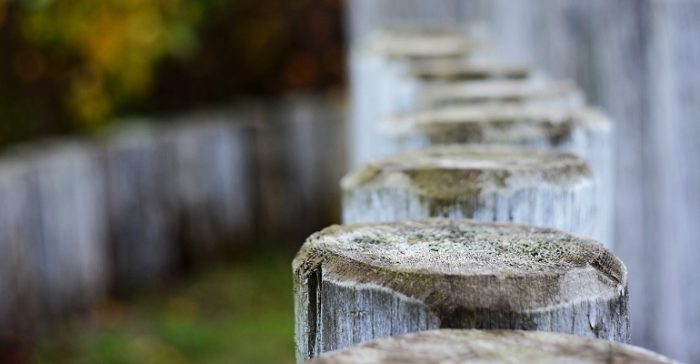Energy-efficiency loans could cause homeowner headaches
Ventura County Star, April 9, 2016. Image credit: Zauberin
A new government-sponsored program enables homeowners to reduce utility bills and help save the environment. It sounds great, but there are several things you should consider before signing up. Fortunately, alternative programs are available that pose less risk to homeowners.
The Property Assessed Clean Energy program, or PACE, allows homeowners to finance, through liens on their homes, a wide range of projects and products that can save energy and water usage. Among them are solar panels, more efficient air conditioning systems, upgraded attic and wall insulation, better-insulated windows and doors, electric vehicle charging stations, sinks and showers that use less water and drought-tolerant landscaping. The money is repaid over as long as 25 years as a line item on your property tax bill.
More than 50,000 California households have signed up for PACE financing, but an analysis of the program by the California Association of Realtors’ legal team has found unexpected consequences when owners have tried to sell their homes.
Some homeowners may borrow too much because the limits are generous. For example, the owner of a $400,000 home could borrow as much as $60,000. Like a second mortgage, the money comes out of your equity until it’s repaid.
But there’s a bigger problem: Fannie Mae and Freddie Mac — the two government-supported enterprises that buy mortgages from lenders — will not approve mortgages for properties with PACE loans. That means you won’t be able to refinance your existing loan, and conventional buyers cannot buy your home unless the lien is paid off. That means only all-cash and nonconventional buyers can buy your home.

